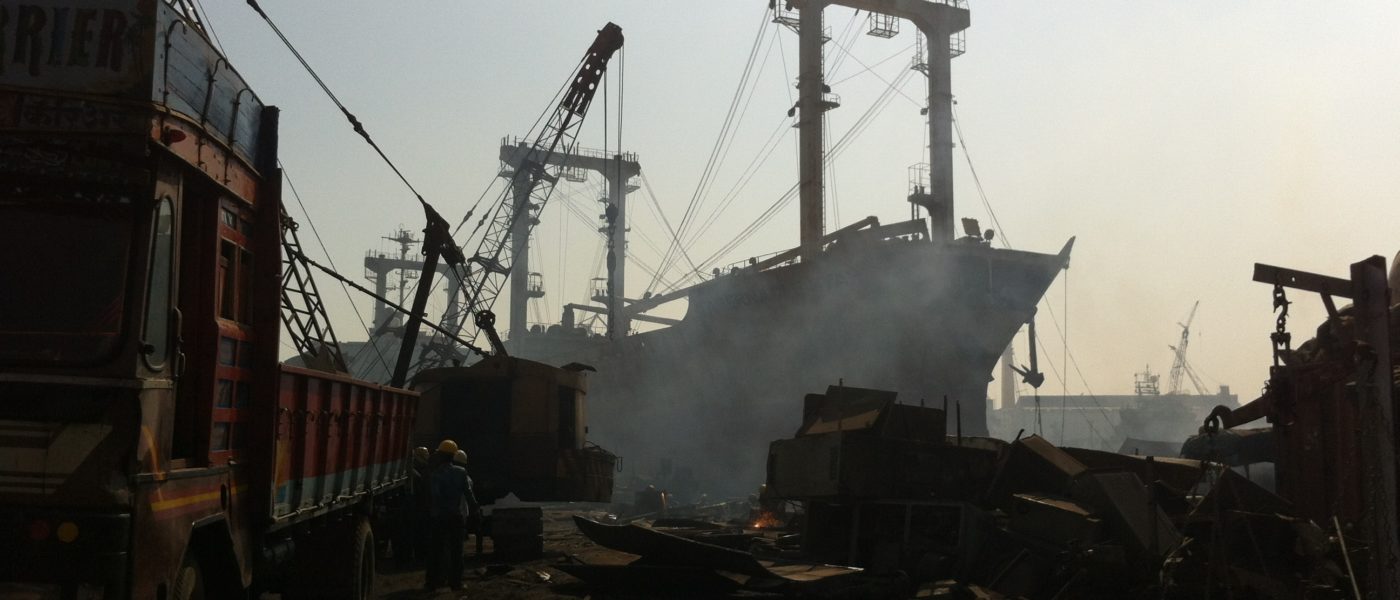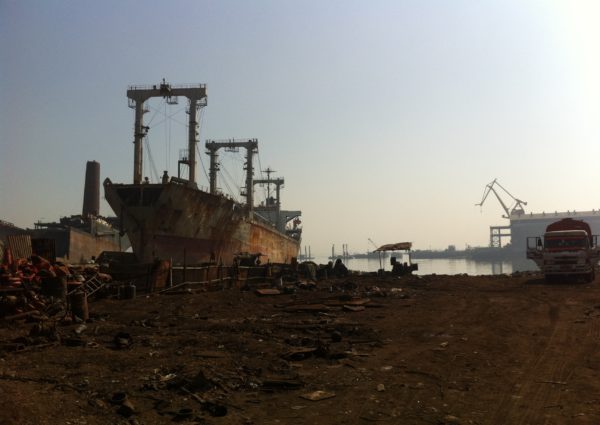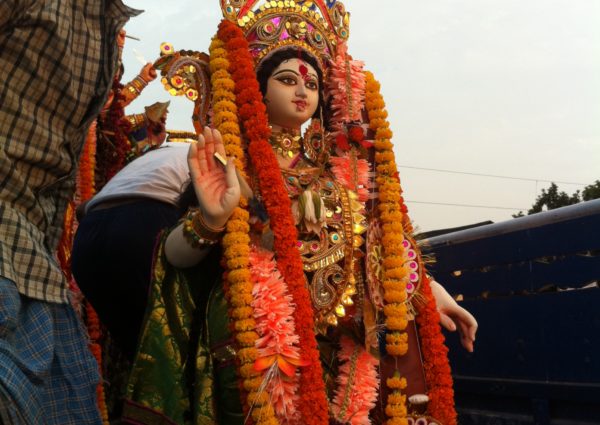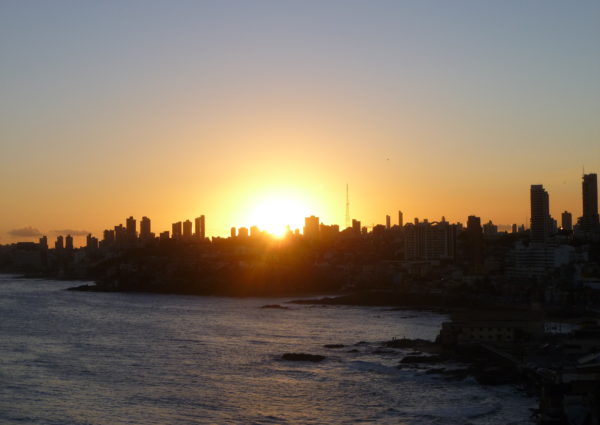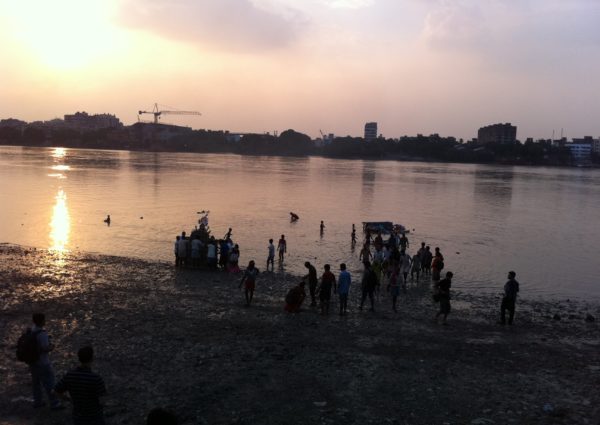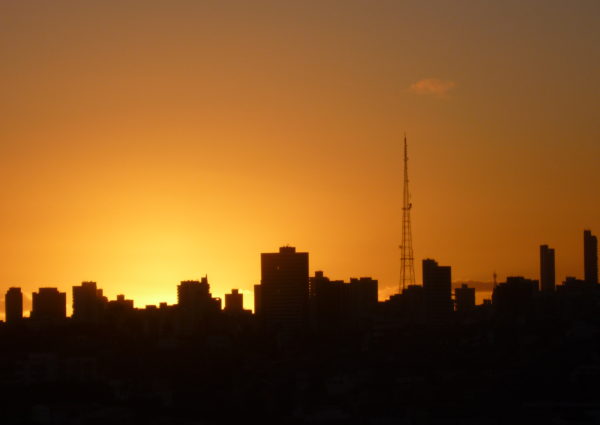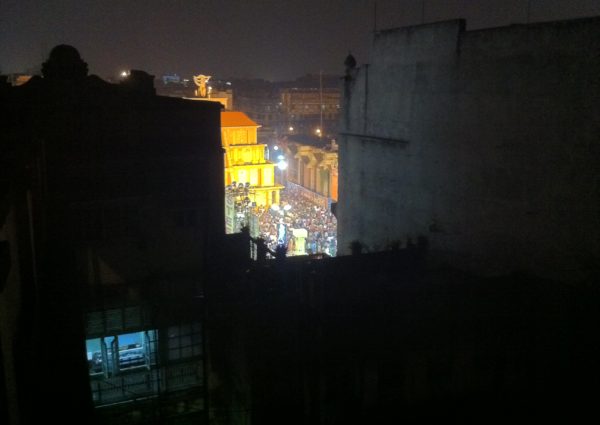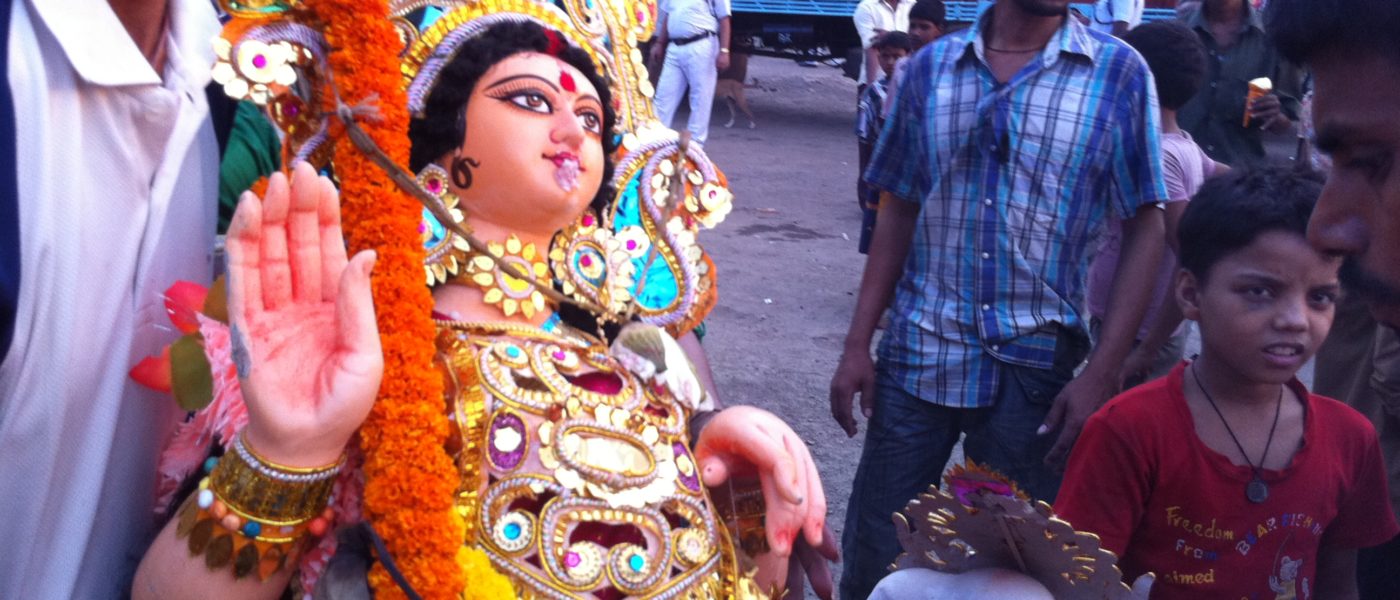Welcome to India
BBC2
“One of those rare series that can genuinely change
the way you see the world.” – The Times
Reviews
This excellent series has taken a positive spin on the challenges facing India’s urban underclass. A salutation to resourcefulness and good humour, Welcome To India has uncovered the unlikely opportunities individuals have spotted amid the apparent chaos of their surroundings. This final episode finds more dreams for the future and sacrifices in the present. Prakash aspires to be a film star, while Sujit, has devised a way to visit his newborn daughter, hundreds of miles away.
Welcome to India (BBC Two) may have a travelogue title, but the programme showed a very different side. Shameful for those of us who have returned from the historic cities of Rajasthan, gushing about the richness of Indian culture, this was the reality – a modern-day Dickensian insight, immediate and disturbing.
The first episode focused mainly on two young men, doing their best to survive in a crowded world. Both Kaale and Rajesh were blessed with an entrepreneurial spirit; Kaale was a gold panner, a latter-day alchemist scouring the filthy streets of Kolkata for particles of gold dust which would then be bound together using mercury and nitric acid. It was hard work, but nothing compared to what Kaale put himself through later as he was forced to scour the sewers. Watching out for snakes and scorpions, Kaale discovered that where there’s muck there’s brass, and eventually scraped together enough money to escape his Fagin-like ghetto and rent a small room of his own.
On a beach in Mumbai, father of two Rajesh was trying to service his debts by serving alcohol illegally. He was a good middle-class boy who had, fatally, made a love match to a girl of a lower caste and been banished by his parents to a life of itinerant hardship. Life threw everything at Rajesh; council security guards, slick-haired moneylenders, bulldozers on a mission to tear up his family’s makeshift home. But by the end, government elections were imminent and the authorities had more urgent preoccupations: Rajesh was ecstatic at the temporary respite. “Now I’m at peace,” he said.
Welcome to India was nearly ruined by an awful, arch narration; luckily, the pragmatism of Kaale and Rajesh shone through.
Two years ago, the BBC picked up a Bafta for Welcome to Lagos, a documentary series made by those scratching a living on the margins of the Nigerian city, and Welcome to India (BBC2) follows pretty much the same successful format – the only difference being that this first episode followed the lives of two groups of slumdogs from two cities, Mumbai and Kolkata. I’m not sure the groups are quite representative of India as a whole, but there is something immensely liberating about a documentary that comes without the mediation of a hand-wringing, bleeding-heart western reporter and instead allows its characters to observe themselves entirely unapologetically and subjectively.
So here was Kaale sweeping the streets and dredging the drains in his daily search for particles of gold that have got lost among the filth, along with Rajesh and Savita dodging the police and the bulldozers in their illegal shabeen on the beach. Their resourcefulness and optimism were humbling, but even so I couldn’t help wondering just how neutral a presence the camera had been. I know the film is meant to be counterintuitively feelgood but for Kaale and the rest of the crew always to have a smile on their faces and never to moan – not even once – about the hardship and inequality of their daily lives seemed extraordinary.
If this is indeed the prevailing ethos of the Indian urban underclass, then one can only admire the spirit that makes them truly believe they might one day, against all the odds, end up as millionaires with their children growing up to become doctors. And if so, then almost everything liberals such as me think we know about India is in urgent need of a rethink.
The makers of the Bafta-winning Welcome to Lagos now head to India to shows us more enterprising people at the bottom of the pile scraping a living in our mega-city age. They include sweepers who extract gold dust from the streets of Kolkata’s jewellery district and farmers growing fenugreek on a municipal beach in Mumbai, where a couple run an illegal pub from their tent. While never pretending that such lives are easy, the series’s tone is upbeat. The homely narration (“Let me take you to a secret place across the Ganges. . .”) can grate but you’re left in awe of people’s resourcefulness where a bucket of sludge may have a golden lining.
Anyone who saw Welcome to Lagos will know it was unlike any other programme on Africa, ever. Tracking the lives of the very poor in Nigeria’s mega-city, it dispensed with pity and polemic, bringing us tough, funny characters finding ways to scrape a sort-of living. Here the same producers pull off the same trick in India’s crowded cities, and it’s equally life-enhancing. There are several good storylines but the best is that of Kaale, who lives in a tiny dorm-room with 15 friends, in Kolkata’s jewellery district. “I am poor now but I want to be loaded,” grins the young man, before revealing how: he lowers himself into a street drain at night to dredge up sludge that contains (after an exhaustive process of drying, sifting and refining with acid) tiny particles of gold. “It’s hard,” Kaale admits cheerfully, “but it’s honest.”
1/3. How residents of Kolkata and Mumbai employ ingenuity and resourcefulness to make a living and raise their families in some of India’s most densely populated regions. The series begins by discovering how three very different people have made their homes in the two cities, and follows their struggles to hang on to what they have earned. Kaale sweeps the streets of Kolkata’s jewellery district for stray gold dust, and has devised a risky plan to expand his business. Meanwhile, in Mumbai, beach-dwellers Rajesh and Sevita have come up with a number of ways to support their children, including turning their home into a pub – but are threatened with eviction by the local council.

